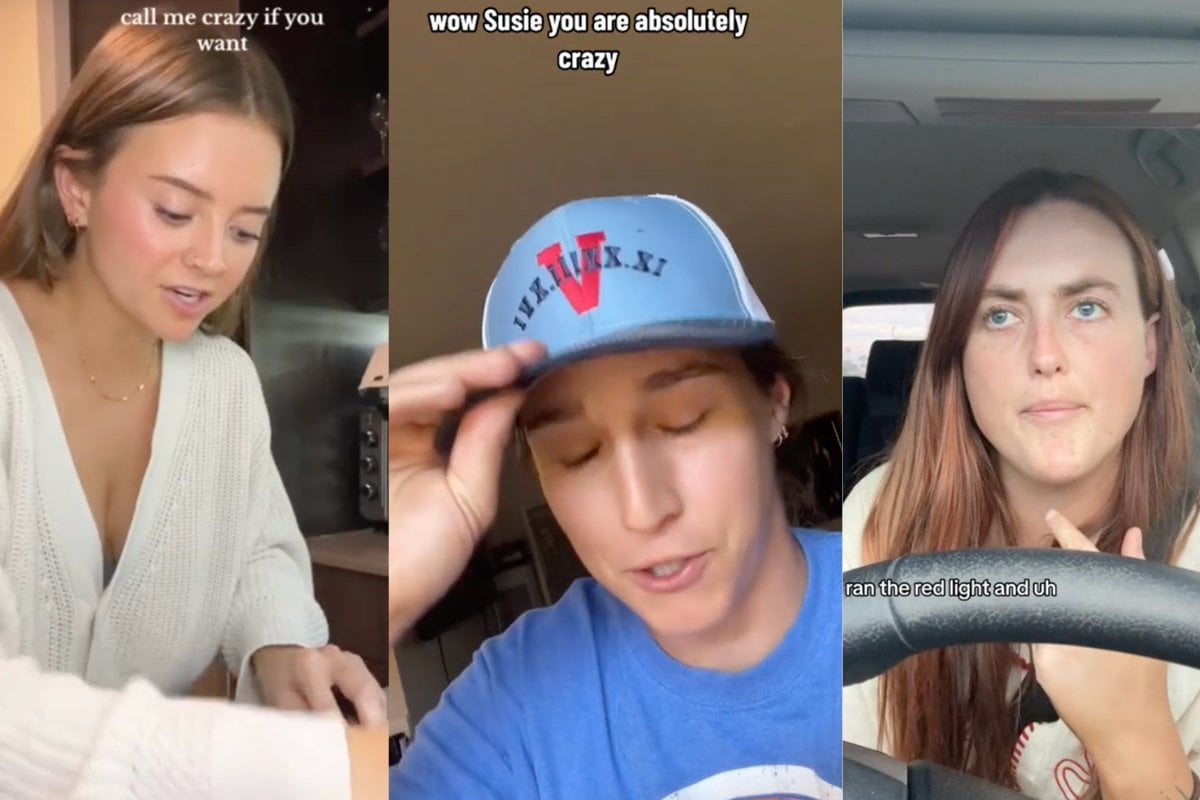
Much like any other internet trend, this all started with something deeply banal and absolutely ridiculous.
It started with a pesto recipe.
In early September, a US TikTok creator @susi.vidal posted what could have been a simple video recipe for homemade pesto, accompanied by a caption with the ingredients.
It's a minute-long video following a simple enough formula of social media cooking videos: she's addressing the camera in a harmless monologue while she assembles the ingredients and cooks herself some pasta. And that really could have been it – except it that it wasn't and the TikTok actually became a viral trend.
Watch: What Is Self-care Mental Health Literacy. Post continues after the video.
And that's because the video that Susi posted begins with the following introduction: "Call me crazy if you want but I've never liked storebought pesto."
In hindsight, it is a fairly bizarre thing to say. And users were quick to point out exactly how ridiculous it was by replying to the video with reactions mocking exactly how "crazy" Susi must be.
It's difficult to pinpoint where this all began but it seems to have kicked off with a reply from the user @payjthegemini cackling after replying, "Oh my god, you're frickin' crazy girl."

Top Comments